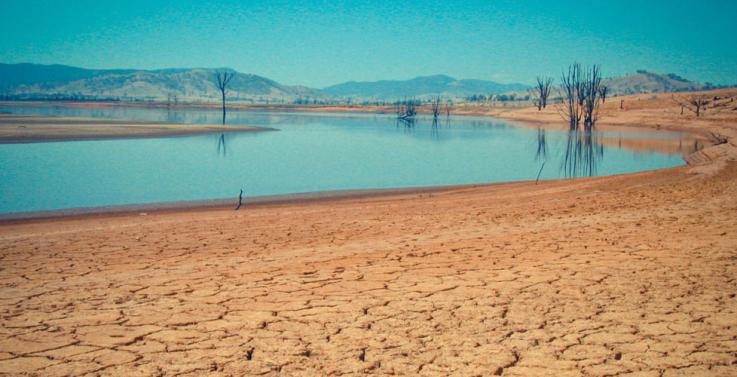
Researchers say we need to understand grief to better manage our response to climate change.
In an article published on the Conversation, Victoria University's Celeste Young discusses the role grief can play in how people cope psychologically with the increasing frequency and severity of extreme weather events and other impacts of climate change.
"These impacts are not only changing the world around us but also the way we live and, as with all change, there is an element of loss and the potential for grief," she says.
"People may grieve due to the perceived future loss of something; for example, the type of grief often expressed via social media over the potential loss of the Great Barrier Reef. Individuals and communities may grieve for the loss of a loved landscape damaged by drought, fire or flood."
She goes on to explain that grief can also be associated with the uncertainty of changing environments and circumstances.
For example, business sectors such as farming and tourism which are sensitive to environmental impacts may need to change traditional structures and ways of operating to ensure their future viability. At an individual level this can mean the loss of a sense of safety or security.
Ms Young said policy makers needed to better understand this process to design more effective communications campaigns and sustainability policy for climate change adaption.
In response, she adapted one of the best known models used for grief and loss, developed by Elisabeth Kubler Ross, to give a practical context to these responses and enable better management of them. This model defines five key phases of responses to loss: denial, anger, bargaining, depression and acceptance, and has been incorporated into standard change-management processes.
"Grief is a natural process and by not including it as part of the cycles of change, we reduce our resilience and make the task of adaptation harder," she says.
"We should not allow our grief to direct what we create for the future from a sense of loss. We should use our understanding of grief to inform and enrich it."
Celeste Young is a sustainability expert and communications specialist at the Victoria Institute of Strategic Economic Studies, with a particular interest in innovation and the use of creative and business processes to assist adaptation.
Read the full article, 'Understanding grief can help us adapt to climate change' on The Conversation.
